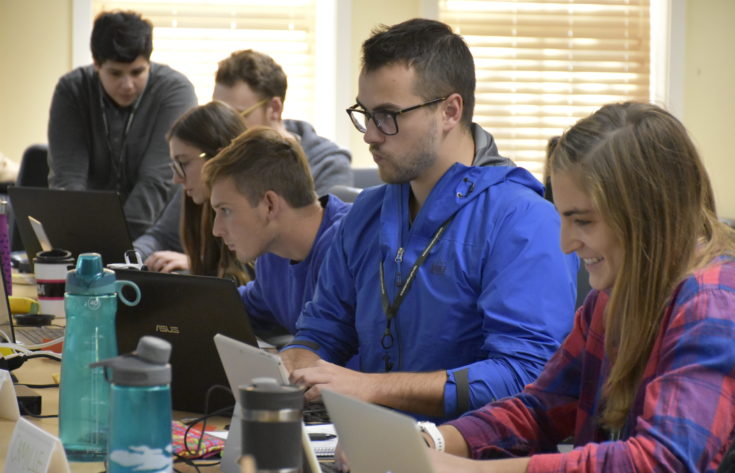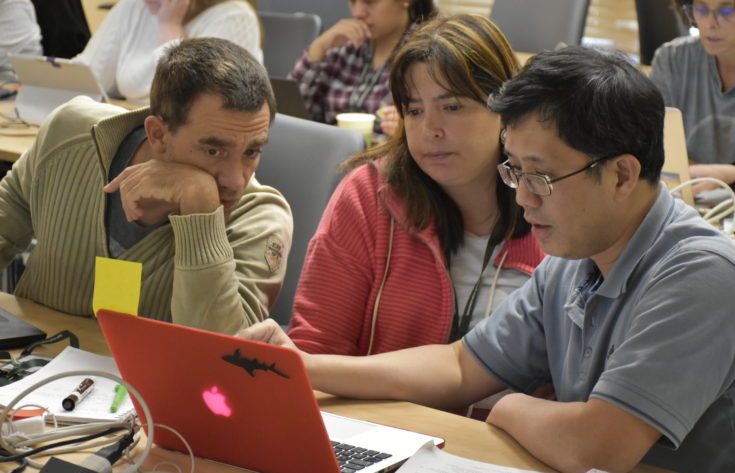
Bioinformatics Analysis for Conservation Genomics
- Tutorials that emphasize hands-on training in computational tools used in conservation genomic analyses
- Study design considerations for conservation genomic projects
- Data collection via whole genome sequencing
- Genome assembly and annotation
- Read data processing and mapping
- Variant calling and genotyping
- Analysis of genetic structure and admixture
- Analysis of genome-wide diversity
- Inbreeding detection
- Detection and inference of deleterious variants
- Inference of demographic history
- Phylogenomic/comparative genomic analysis
- Use of Unix command line to access Smithsonian high-performance computing resources and pre-compiled software
Participants should have completed basic genetics and evolutionary biology coursework or have previous experience with genetics, genomics, or evolutionary biology.
- Dates
October 9-18, 2024
- Available Formats
Graduate (CONS 697, 3 credits)
Professional Training (SMSC 530, 6.75 CEUs)- Total Cost
Graduate: See Mason’s graduate tuition rates
Professional Training: $2,213.00*
*Professionals from certain countries are eligible for a reduced rate of $1,713.00 which will automatically be reflected during the registration process.
- Deadlines
Apply by September 2, 2024
Payment Deadline: September 13, 2024
Meet the Faculty

Smithsonian Tropical Research Institute
Curriculum
This course provides an in-depth survey of the concepts, methods, and software used in conservation genomics research. Participants will learn how to: 1) design conservation genomics projects, 2) handle complex genomic data, 3) use common population genomics software packages and tools, 4) interpret, visualize, and publish results, and 5) practice collaborative research. For this course, participants will be working with a novel dataset from a threatened species for which a genome assembly and whole genome sequencing data of additional individuals will already have been generated. Participants will collaborate with each other and the instructors to analyze these data and then prepare a genome report manuscript for submission to a peer-reviewed journal (e.g., G3, Genome Biology and Evolution, Journal of Heredity, or Molecular Ecology Resources). THIS is an example of the type of publication participants will work toward. Participants that actively work on the analysis and writing process will be included as coauthors on the resulting manuscript. Please note that analyses and manuscript preparation may extend beyond the 10-day course. A Slack channel for the course will be set up to foster communication among participants and instructors where messages, papers, and programs can be shared. This experience will provide participants the opportunity to conduct sophisticated genomic analyses as applied to conservation using a real dataset and learn best practices for collaborations. Finally, there will be evening lectures by several invited speakers that will discuss and share their research in conservation genomics.
Target Audience
This course is designed for graduate students, postdoctoral researchers, and early-career scientists interested in designing conservation genomics projects or already generating genome data to acquire the skills necessary to: assemble and annotate a genome or transcriptome, estimate genetic diversity and structure, calculate inbreeding levels, detect deleterious variants, infer demographic history, and compare data and results to existing genomic resources. The hands-on tutorials in this workshop will be performed on a High-Performance Computing Cluster via the Unix command line. Although some review of Unix will be included in the course, all participants should be familiar with basic Unix commands. We recommend this short tutorial: (https://swcarpentry.github.io/shell-novice/).
What’s Included
The total cost for professional training includes our Housing ($588.50) and Dining ($374.66) Packages and covers:
- Instruction, course manual, and other course materials
- Airport pick-up and drop-off shuttle service at Dulles International Airport (IAD) at pre-arranged times. We do not provide ground transportation shuttle service to or from any other airports in the Washington, DC, region
- Transportation for course activities
- Daily full-service buffet at the SMSC Dining Commons.
- Housing at the SMSC Residential Facility, including a shared room with bathroom (single rooms available at twice the cost of shared housing)
Acceptance does not guarantee you a seat in the course. Seats are allocated as registration payments are received, and early registration is strongly encouraged to ensure you get a spot.
Venue
The course will take place in the Volgenau Academic Center at the Smithsonian-Mason School of Conservation, located on the campus of the Smithsonian’s National Zoo and Conservation Biology Institute in Front Royal, Virginia, USA. SMSC is located approximately 72 miles west of Washington, D.C. and the north entrance of Shenandoah National Park is only a 10-minute drive away.
Interested in Commuting?
Participants with a documented, permanent address local to campus may elect to commute with permission from SMSC. Commuters are required to purchase a reduced meal plan ($130) which includes lunch and snack breaks for each day of instruction. Additional dining options are available and may be selected during registration. Email [email protected] for additional information.

“This course was incredibly informative about the methods and field of conservation genomics. I couldn’t believe how much knowledge was packed into one room and shared with us. Ten days to soak in my field – I couldn’t have asked for anything more informative for my research. Thank you!”

“This course was fast-paced and challenging, yet everything was provided for each participant to be successful. I learned a tremendous amount in just a short time, and while I’m not an expert on any of the subjects covered after the course, I feel confident in my knowledge and abilities now to become much more proficient in each area.”





